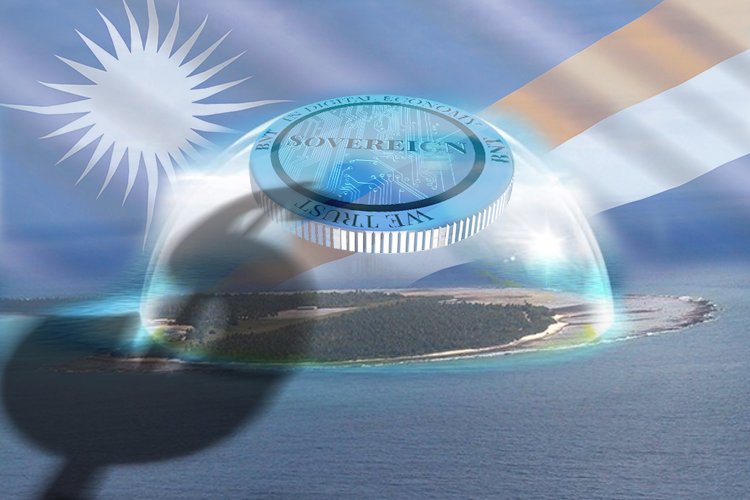Marshall Islands: Sovereign To Threaten The US Economic Dominance

The wind of change stirred up a political storm in the Marshall Islands. A group of 8 senators is going to vote non-confidence in the President of the country Hilda HEINE because of her plans to introduce the national digital currency Sovereign. The head of state is accused of the fact that the very existence of state-owned tokens “affects the country's reputation negatively." You will ask: what has the United States to do with it?
The point is that the small state does not have its own currency. The official payment unit on the island is the US dollar. At the same time, the political structure of the Marshall Islands does not imply complete independence. The country is in free association with the United States of America, like Puerto Rico, for example. In other words, the parliament, the president, and the court are their own, and the superpower is responsible for the protection of territorial integrity and the financial system. In addition, these two countries are deeply connected historically. It is in the archipelago where the Bikini Atoll is located, the first American hydrogen bomb was detonated.
But in these days, the political authorities of the island are increasingly dreaming of independence. The president Hilda HEINE said about the national crypto-project the following: "Sovereign is another step towards the achievement of freedom by our country." At the same time, the head of state argued against the creation of an investment harbor for American entrepreneurs on the island of Rimsky-Korsakov. In her opinion, the emergence of offshore will violate several local and international laws. Thus, HEINE added oil to the fire of the conflict: she not only violated the current political status quo but also prevented the US business community from creating the next tax haven for itself.
Some time ago, Washington and the International Monetary Fund talked tough against the emergence of local virtual money. In particular, the IMF, in its annual report, specifically focused on the Marshall Islands problem and the reckless, in the eyes of the global financial institution, state policy aimed at developing new financial instruments that "threaten market transparency and financial stability." The IMF recommended refraining from issuing digital coins until it has developed and put into practice a “powerful legislative framework” for controlling the turnover of digital assets.
The hypocrisy of the captains of the world economy is astonishing: cryptocurrencies threaten the transparency of the financial market, but offshores do not?
It would probably be strange to look for a geopolitical trace in this story, but nevertheless, there is one worth paying attention. Of course, it is impossible to compare the economic power and influence of the United States and the small island country with 35 thousand people and $200 million of GDP. It is impossible to imagine them being rivals. But the initiative of the Marshall Islands is the first case when the digital currency becomes one of the tools for the national liberation struggle. No wonder the name of the coin emphasizes the idea of independence.
A small precedent is always dangerous with a great repetition. The leading states of the world, and above all, the powers of the BRICS, Iran, and the monarchies of the Persian Gulf have long been discussing the freedom from the dollar economy. American money is poorly coping with its role of a reserve asset, it is simply in short supply, and inflation, as well as the national debt of the United States, continue to grow. The walk-out of Hilde HEINE can move the world community forward to review the current global payment system, cancel existing agreements, and become the last straw that will break the back of the Bretton Woods camel.